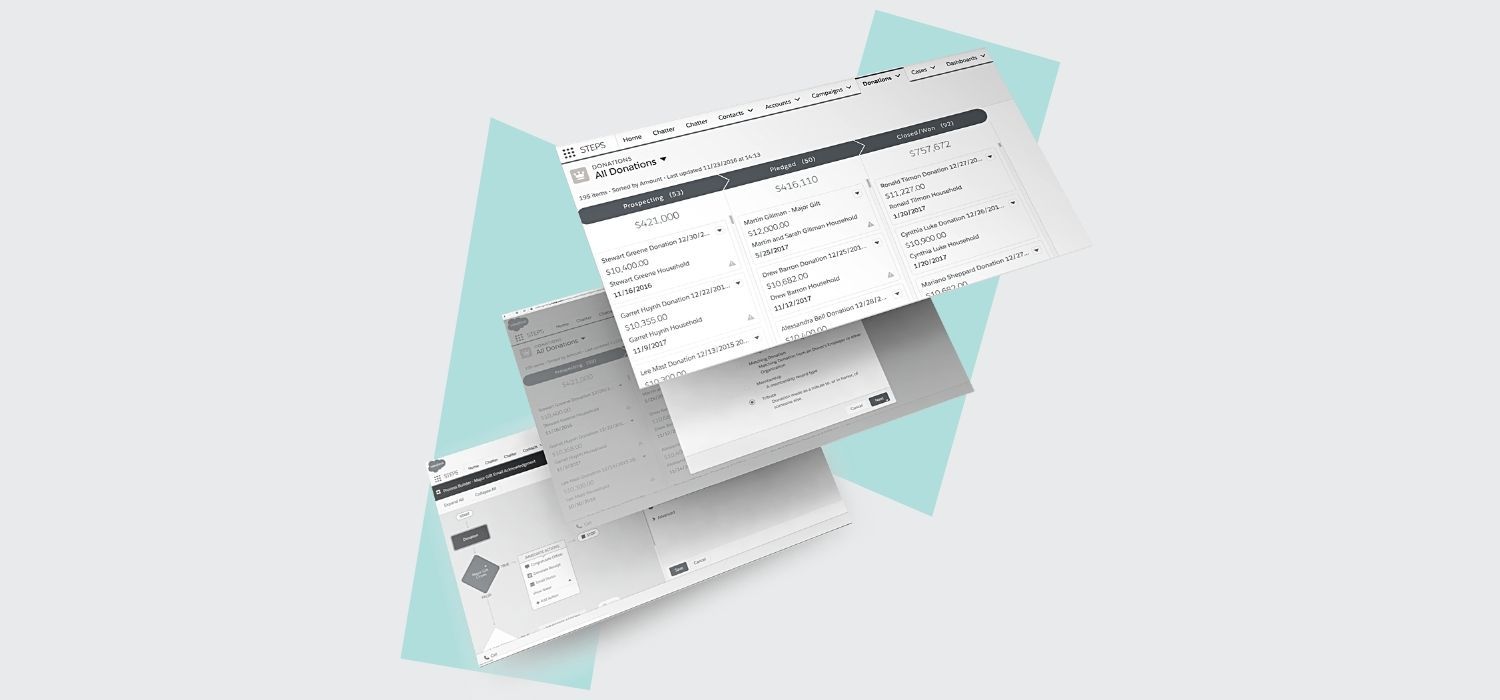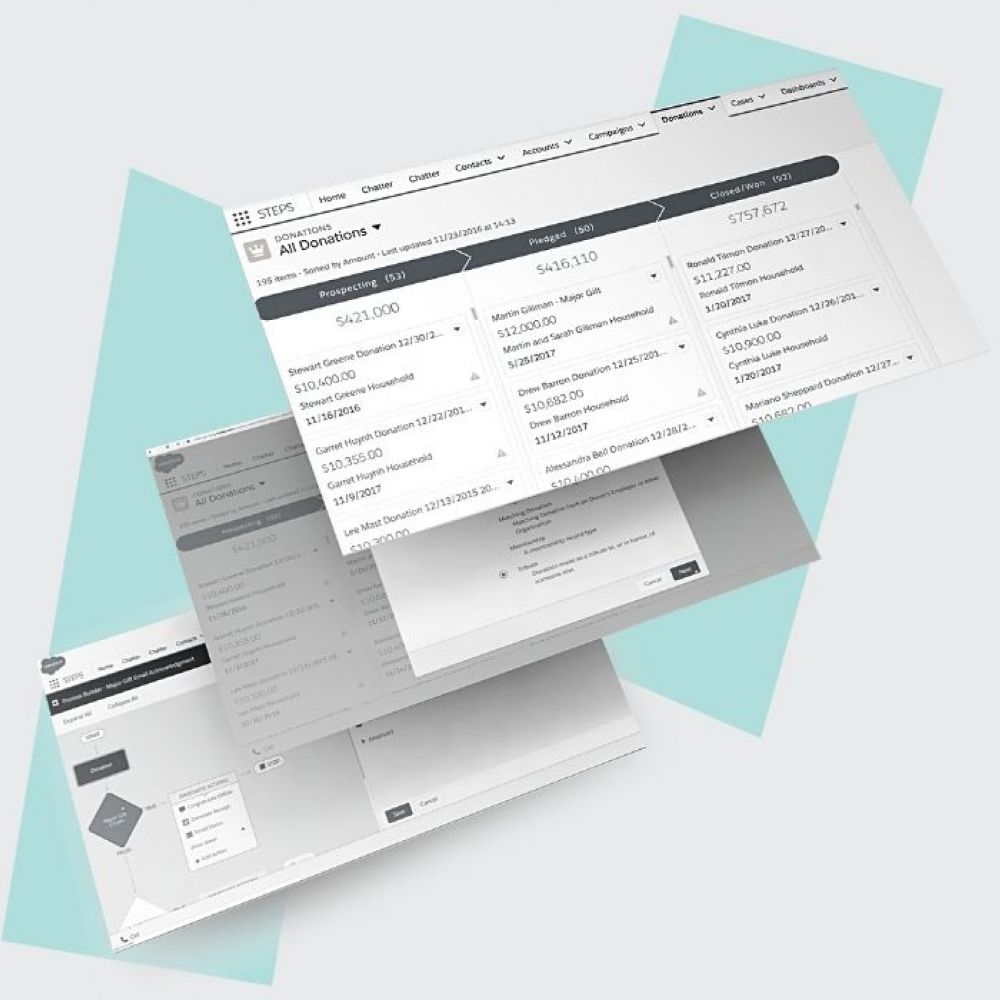Best B2B CRM for Your Sales Team: 4 Things to Know
There are many good customer relationship management (CRM) systems out there. These are 4 things to consider.


The question I get most often about CRM systems for business-to-business sales teams is:
“Which CRM is the best one?”
My answer is always “It depends”. Not what you want to hear, right? But it’s true. There are many good customer relationship management (CRM) systems out there. Which one will work for you depends on these 4 things:
1. It was created for your type of B2B sale.
Each CRM is designed with a specific type of sales approach / set of needs in mind. One built for an inbound/order taking sale – where there is one buyer and potentially a one-call close – is not going to support most complex B-to-B sales processes. There just won’t be any way to connect, track or manage the multiple people and decision-making steps across time that is required to bring in that type of deal. Conversely, if you have that inside sales team working with short sales cycles and single points of contact, you don’t want them wasting time working through or around many screens built to support an enterprise sales process just to place a single order or create a lead.
2. How the software will integrate into your other business processes and/or systems.
One of the things software should do for you is to streamline your business processes and reduce lost opportunity time. If your sales rep has to close out the deal in one system, only to turn around and input some of the same information into another system to place the order – you’ve just lost valuable sales time while increasing the likelihood of errors in your order fulfillment system. Same thing at beginning of process – lead gen to pipeline – one integrated approach, with the least amount of “manual” connections can help reduce time and cost of your sales process. And since you can only manage what you measure, you must be able to see into your processes with good reporting and business intelligence analytics.
3. Cost to license, implement and/or support the system.
The software that best fits your organization also has to fit your budget – being both effective and cost-effective for you. And software licensing is only one aspect – what it will cost you to move from what you are doing now to a new system will require investments in both dollars and your time. There will also be the learning curve for your folks – during which it’ll take them longer to do what they have done in the past in a brand new way. There will also be some form of ongoing maintenance – either from your own internal experts on the CRM or someone outside that you’ve contracted to play that role. You’ll want to factor in all of these elements into identifying the true cost of your new CRM.
4. Which system your B2B sales team will actually use.
Yes, they may be required to use the new system as part of their job description – but left to their own devices, most sales reps would be happy to just work from their smartphone – calling, texting and emailing with their prospects and clients. They put info into a CRM system because they must – not because they think it will help him or her do their job. We hire sales people because they are “goal-oriented” – they do the process steps of documenting what they are doing because management tells them they won’t get paid if the deal isn’t in the system. Many times CRM systems are bought with the marketer and/or management’s view of processes – what info can it store for segmentation/ lead generation; what types of reports or oversight into deals does it provide, etc. The difficult part is that typically it is the individual contributor from sales who has the knowledge about the prospect and process – you just have to make it easy enough for that person to interact with the system and transfer what is in his or her brain into the database.
Final Takeways.
Take your time picking a system and use what you know about the these 4 elements for your evaluation process.The cost of a good fit is an investment that will pay for itself with insight and more effective sales processes. The cost of a bad fit can cost you more than money and time – it can cost you prospects, clients and talented sales people.
This is the first article in the series; next up: Choosing from CRM options based on your specific B2B sales needs.
Other Insights
Contact Us
Monday Loves You
1770 West Berteau Avenue, #206
Chicago, IL 60613
312.973.1112
hi@mondaylovesyou.com
©Duple Meter LLC 2024
Contact Us.
Monday Loves You
1770 West Berteau Avenue, #206
Chicago, IL 60613
312.973.1112
hi@mondaylovesyou.com







